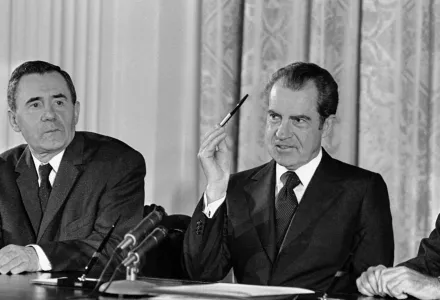
Abstract
There seems to exist a general consensus on how to conceptualize cooperation in the field of international relations (IR). We argue that this impression is deceptive. In practice, scholars working on the causes of international cooperation have come to implicitly employ various understandings of what cooperation is. Yet, an explicit debate about the discipline's conceptual foundations never materialized, and whatever discussion occurred did so only latently and without much dialog across theoretical traditions. In this paper, we develop an updated conceptual framework by exploring the nature of these differing understandings and situating them within broader theoretical conversations about the role of cooperation in IR. Drawing on an array of studies in IR and philosophy, our framework distinguishes between three distinct types of cooperative state interactions – cooperation through tacit policy coordination ('minimal' cooperation), cooperation through explicit policy coordination ('thin' cooperation), and cooperation based on joint action ('thick' cooperation). The framework contributes to better theorization about cooperation in two main ways: it allows scholars across theoretical traditions to identify important sources of disagreement and previously unnoticed theoretical common ground; and the conceptual disaggregation it provides grants scholars crucial theoretical leverage by enabling type-specific causal theorization.
Graefrath, Moritz Sebastian and Marcel Jahn. "Conceptualizing Interstate Cooperation." International Theory, vol. 15. no. 1. (2023): 24–52 .
The full text of this publication is available via International Theory.





